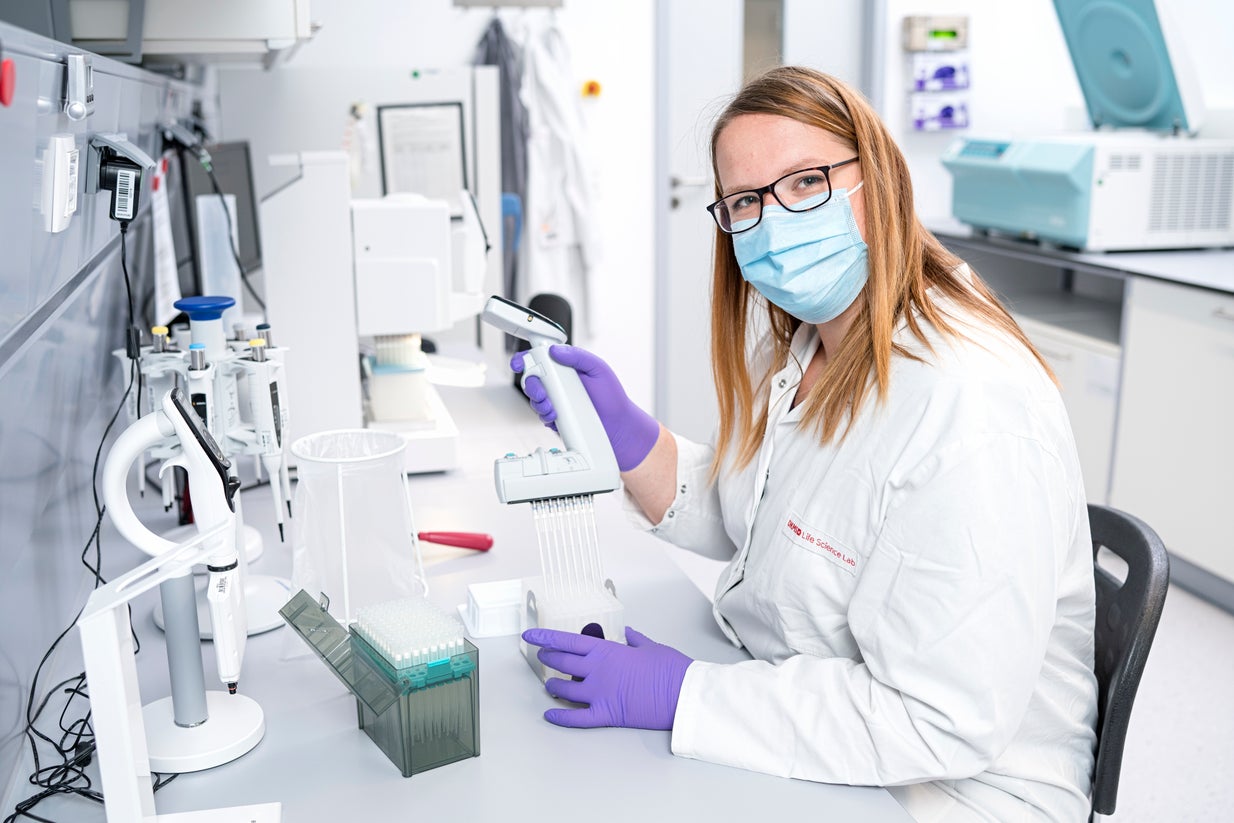Novel Alleles
The proper characterization and naming of alleles is a crucial step in matching stem cell donors with patients worldwide. With a staggering number of over 30,000 known alleles and ongoing discoveries of novel variants, our team employs two sequencing technologies to ensure accurate data.
